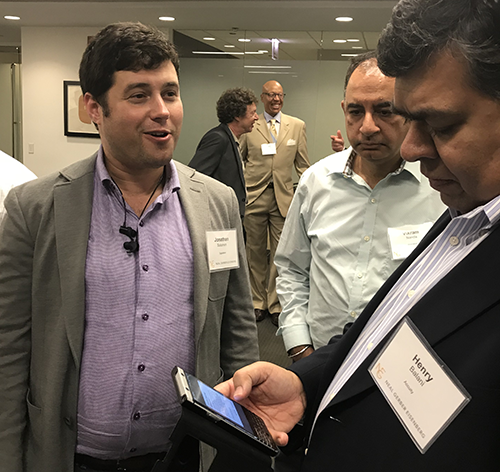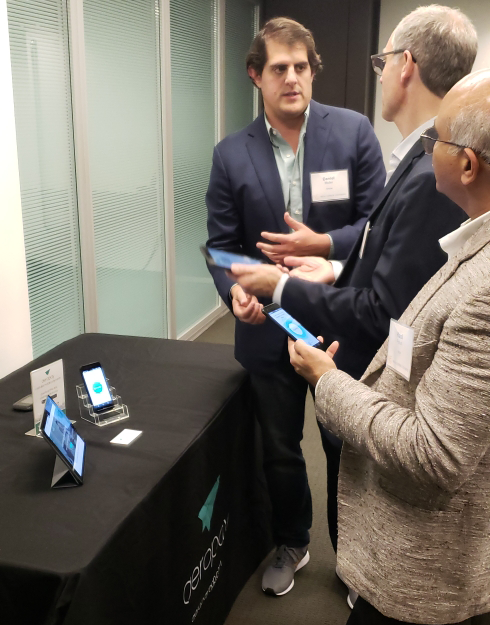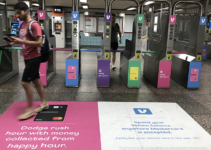Everyone wants to get paid faster. As faster payments systems come online from central banks around the world, the United States lags with an aging, efficient, and relatively slow payments infrastructure.
That’s changing as consumers come to expect payments to work as immediately as commerce in general. The Chicago Payments Forum hosted two startups providing solutions for immediate payments at Chicago law firm Neal, Gerber & Eisenberg on Wed. Oct 10. The forum runs meetups dedicated to building a community of payments professionals in Chicago.
“Faster payments” as a term generally refers to payments systems operated by or on behalf of a central bank. They enable banks to provide payments that are immediately available to recipients and settle immediately between banks. Or nearly immediately.
Consumers generally use their mobile devices to make payments, using an alias for their account number, such as an email address or phone number. These systems are available in more than a dozen countries, with the UK’s system going online 10 years ago. Other countries are working on or planning faster payments systems as well.

Prakash Natarajan at the Chicago Payments Forum October meetup
U.S . Faster Payments Future
Here in the
Unlike in the UK, Australia, Hong Kong, Singapore,
The big news, however, was a proposal from the Fed to develop a realtime gross settlement system or RTGS. In essence, it means that banks would be making funds available to consumers immediately and settling with their Fed accounts continuously, 24 hours a day, seven days a week, 365 days a year.
There are a lot of questions and future costs to make that happen. The Fed published a notice in the Federal Register to request comments. Comments are due Dec. 14, with a response expected early in 2019.
If the proposal goes forward, it will take time to get the system developed and for banks to update their systems. In short, it will take years.
U.S. Faster Payments Today
In the meantime, we have a number of ways to effect faster payments as it is. There’s SameDay ACH, which went
There’s also a
On the retail side, we have Zelle, launched in 2017. It was formed by the largest U.S. banks to essentially compete with Venmo on person-to-person payments. Zelle is getting traction, and their value proposition is that the funds are transferred and available immediately as long as the recipient is also enrolled in Zelle. With Venmo it takes a few days for funds to settle through regular ACH channels.
Another set of faster payments systems and use cases are in use by the online lending industry. This week I spent some time at the LEND360 conference, here in Chicago. Faster payments is a big issue for online lenders in a couple ways.
Lenders want to provide borrowers with immediate access to funds, both consumers and small businesses. They also want to get paid immediately as well.
For immediate funding to small businesses, Ondeck Capital is working with InGo, a third-party service using Visa Direct.
For immediate payments, Chicago-based LoanPayment Pro is working with Visa Direct to speed and improve consumer payments for online lenders, working with Visa Direct and Republic Bank of Chicago.
Two startups developing other systems to provide immediate payments gave demonstrations at the Oct. 10 Chicago Payments Forum meetup. Both Digital Mint and AeroPay have found solutions to consumer and small-business niches that want and need faster payments.
DigitalMint, which develops mobile software that enables businesses to accept bitcoin payments or accept cash and transmit funds in bitcoin. The Chicago-based startup also operates bitcoin ATMs to provide immediate and low-cost money transfers internationally.

And AeroPay,

at the Chicago Payments Forum




